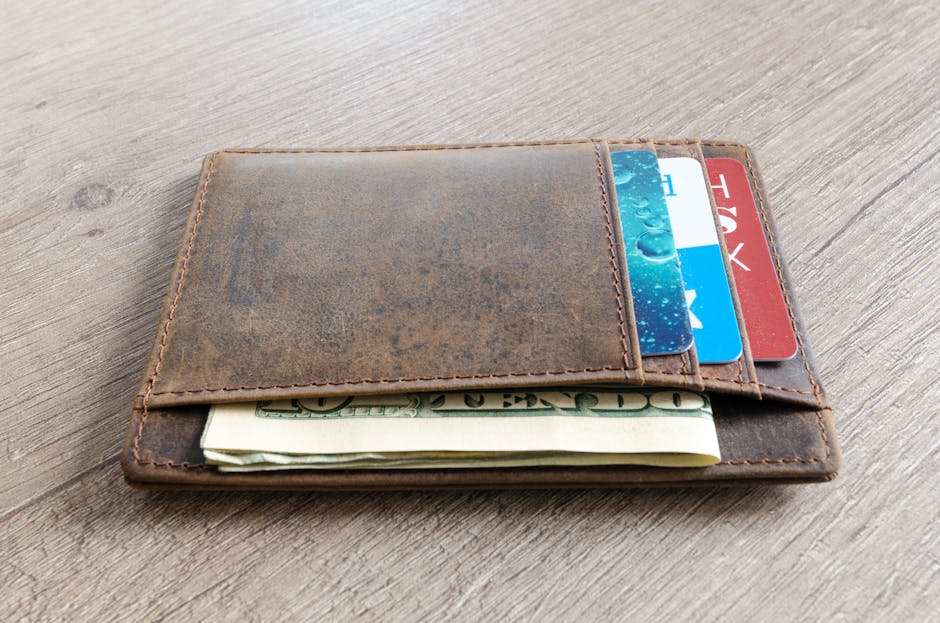Discover everything you need to know about what currency does Cyprus use, including its historical background, practical travel tips, and a detailed guide on handling currency in Cyprus. From the Euro adoption to the unique situation in Northern Cyprus, learn how to manage your Cyprus travel money seamlessly.
The Definitive Guide to Currency in Cyprus: Euro, History, and Practical Tips
When planning a trip to the Mediterranean jewel of Cyprus, one of the first practical questions travelers ask is what currency does Cyprus use. Understanding the local Cyprus currency landscape not only helps you budget more effectively but also ensures you avoid common pitfalls related to exchange rates, cash withdrawals, and payments. This comprehensive guide delves beyond simple currency facts by exploring the fascinating evolution from the Cypriot pound to the Euro, practical advice on spending efficiently, and critical insights on the currency situation in Northern Cyprus.
Understanding Cyprus Currency: From Cypriot Pound to Euro

The story of money in Cyprus is rich and entwined with the island’s political and economic evolution. Before the Euro, Cyprus had its own national currency, the Cypriot pound, which holds an important place in Cypriot economic history.
The Cypriot Pound: A Historical Perspective
Used as the official currency until 2008, the Cypriot pound (CYP) was introduced in 1879 when Cyprus was under British administration. It remained in use for over a century until Cyprus’s accession to the European Union precipitated its gradual replacement.
- Subdivisions: The Cypriot pound was divided into 1000 mils initially, later decimalised into 100 cents.
- Banknotes and Coins: Banknotes featured important cultural and historical figures, while coins were crafted in various denominations, a collector’s delight today.
- Economic Role: The Cypriot pound provided monetary sovereignty but faced volatility, especially during political tensions on the island.
Euro in Cyprus: Adoption and Impact
Cyprus adopted the Euro (€) formally on January 1, 2008, joining the Eurozone as its 14th member. This transition not only stabilized the island’s economy but also facilitated easier travel and trade within Europe.
- Exchange Rate Cyprus: The fixed conversion rate was 1 CYP = 1.71 EUR.
- Benefits: Integration into the Eurozone allowed Cyprus to benefit from lower currency exchange risk and increased investor confidence.
- Currency Design: Euro coins in Cyprus feature local symbols such as the mouflon, emphasizing cultural heritage within the Euro framework.
Since this adoption, the Euro in Cyprus has been the official monetary system in the Republic of Cyprus and areas under its effective control.
Practical Tips for Managing Money in Cyprus

Knowing the currency is one thing; managing your Cyprus travel money wisely is another. Whether you’re arriving with cash or planning to use cards, here’s how to navigate the financial landscape efficiently.
Cash or Card Cyprus: What Should Travelers Use?
- Cash: While many places accept Euro credit/debit cards, cash remains vital for small purchases, local markets, taxis, and rural areas.
- Cards: Visa and MasterCard are widely accepted, especially in supermarkets, hotels, and restaurants in main cities.
- Contactless Payments: Increasingly popular and widely accepted, reducing the need to carry large cash amounts.
Ultimately, carrying a combination of cash and cards is the most practical approach.
Using ATMs in Cyprus
ATMs are plentiful in urban centers such as Nicosia, Limassol, and Larnaca, offering a convenient way to withdraw local currency at the prevailing exchange rate Cyprus. However, be aware of:
- Fees: Your home bank might charge ATM usage fees and currency conversion fees; check these before travel.
- Withdrawal Limits: Some ATMs impose daily limits, so plan accordingly.
- Security: Use ATMs located in secure areas like banks or major hotels to avoid fraud risks.
Currency Exchange Cyprus: Where and How
Currency exchange offices and banks operate throughout Cyprus, but rates and fees can vary significantly:
- Airport Exchange Counters: Convenient but often offer less favorable rates.
- Banks: Reliable and transparent, but may have limited opening hours.
- Exchange Bureaus: Often provide better rates than banks, especially in tourist areas, but confirm commission fees upfront.
For the best value, compare rates online before your trip, and always avoid street money changers due to fraud risks.
The Complex Currency Situation in Northern Cyprus

The island of Cyprus is divided, and currency use differs markedly between the Republic of Cyprus and the Turkish-controlled northern part, officially known as the Turkish Republic of Northern Cyprus (TRNC).
Northern Cyprus Currency: The TRNC Currency and Usage
Unlike the south, Northern Cyprus does not use the Euro. Instead, the official currency is the Turkish lira (TRY), commonly referred to as TRNC currency in the region, creating a complicated monetary environment for travelers.
- Dual Currency Usage: In some tourist-heavy northern areas, Euros and Turkish lira may be accepted interchangeably, but the lira predominates.
- Currency Exchange Challenges: Exchanging money across the Green Line (the UN buffer zone) is restricted and requires careful planning.
- ATM Availability: ATMs in Northern Cyprus dispense Turkish lira but may not accept foreign cards as freely as the south.
Practical Advice for Travelers in Northern Cyprus
If your itinerary includes Northern Cyprus, consider the following:
- Carry Turkish Lira: Obtain TRY before crossing or at official currency exchange points.
- Check Exchange Rates: Turkish lira is subject to volatility; monitor rates prior to travel.
- Use Cash More Frequently: Card acceptance is less widespread than in southern Cyprus.
Common Questions About Cyprus Currency
What currency do I need to bring when traveling to Cyprus?
The official currency in the Republic of Cyprus is the Euro (€). It is advisable to carry some Euros in cash for small expenses and use credit or debit cards for larger transactions. If traveling to Northern Cyprus, you will need Turkish lira (TRY).
Can I use credit or debit cards everywhere in Cyprus?
Cards are widely accepted, especially in cities and touristic areas of southern Cyprus. However, in rural areas, markets, or Northern Cyprus, cash is often preferred or required.
Are ATMs easily accessible in Cyprus?
Yes, ATMs are available throughout the Republic of Cyprus and offer Euro withdrawals. In Northern Cyprus, ATMs dispense Turkish lira and might have more restrictions on foreign cards.
Is it better to exchange money in Cyprus or before arrival?
While exchanging some currency before your trip can be convenient, comparing exchange rates upon arrival in Cyprus can save you money. Avoid airport exchange counters for large sums due to less favorable rates.
Summary: Navigating Cyprus Currency with Confidence
Whether you’re curious about what currency does Cyprus use or aiming to master the nuances of spending in both the Republic and Northern Cyprus, a well-informed approach to Cyprus travel money will enhance your experience and financial security. Transitioning from the historic Cypriot pound to the Euro in the south has streamlined transactions within the Eurozone, while the unique currency dynamics in Northern Cyprus require careful preparation.
By balancing cash and card usage, understanding exchange rate Cyprus fluctuations, and planning for the differing currencies across the island, you’ll navigate Cyprus’s financial landscape with ease. For travelers seeking trusted, up-to-date advice on currency exchange, investments, and financial products before or during their travels, explore expert reviews and recommendations at Broker Reviews Financial Services.
Empower your journey through Cyprus by managing your money smartly—embrace local currency, plan ahead, and enjoy the island’s cultural and monetary richness alike.









